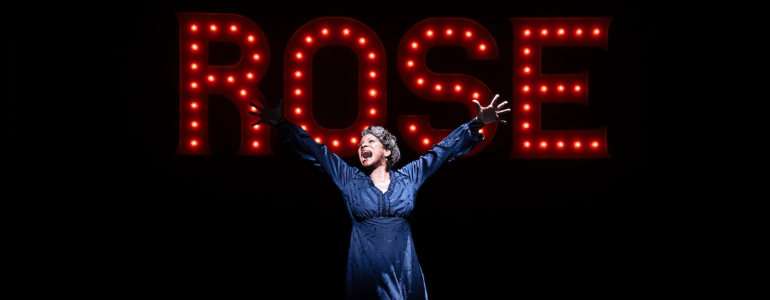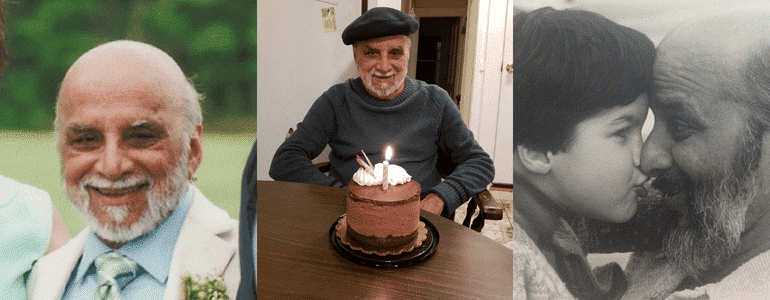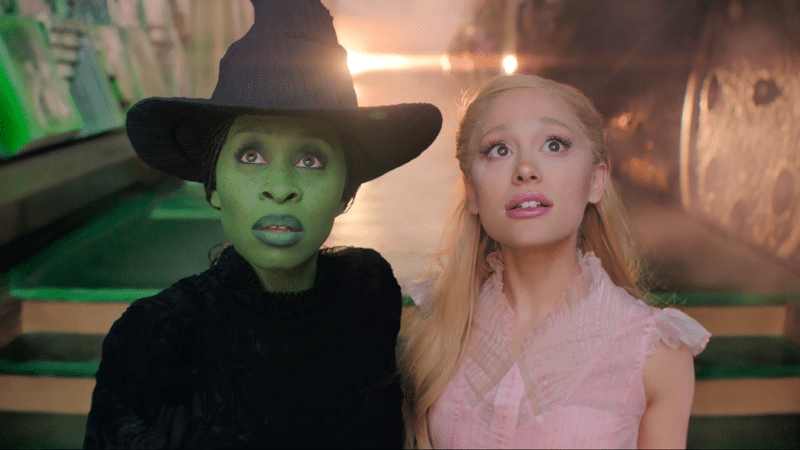My Take on Non Union Tours: Part I – A History
I was but a wee boy of an actor when the Non Union national touring market exploded on the scene in the early, early ’90s. I remember auditioning for the national tour of Grand Hotel while I was still in college (I didn’t get it), and then getting cast in the national tour of South Pacific just as I was graduating (I didn’t take it).
While sure, there had always been a show/event/circus here and there that toured without union performers, it was around this time when tours of shows that were recently (or still) on the big Broadway boards started making their way around the country with fresh-out-of-college-kids-without-AEA-cards. The company behind these big shows was Troika, which was born out of the ashes of this awesome dinner theater outside of DC called The Harlequin (I saw a killer Damn Yankees there in 1990).
Shows like Grand Hotel, The Will Rogers Follies, and City of Angels all toured non-union, and they not only did well, but audiences enjoyed them.
So that led to more shows, and more companies producing them.
For awhile, all was quiet on the touring front, as the non-union tours that were going out were after the “1st National” tour had run its course. The NUTs (my fun acronym for Non Union Tours) were mostly “mop-up” tours, playing the teeny-tiny one-nighter markets all over the country that their bigger brother Equity Tours couldn’t play (Harlingen, Texas anyone?). Or, they were tours of shows that weren’t successful enough on Broadway or that didn’t have enough demand from the touring market to warrant a 1st National (like the NUT of A Grand Night for Singing that I Company Managed in 1996).
And then the NUT hit the fan.
A couple of shows, most noticeably a tour of The Music Man that was based on the semi-successful Broadway revival in 2000, skipped a step. These shows didn’t put out a big tour first. They went straight to the NUTter.
(See, the Producers of tours were starting to get the squeeze from Presenters, who were trying to keep the “guarantees” (the amount paid to a Producer for walking in the door with a show) low, because they were getting the squeeze from Subscribers, who didn’t want to pay for 6 shows a year any more, and so on. A Non Union Tour kept costs low.)
And if that wasn’t enough, some of the more popular NUTs started stepping up to the bigger stages. No longer were they only playing the nook and crannies of the market. They were performing in many of the same venues as their bigger Broadway brothers, the 1st Nationals. As a result, the Presenters and the Producers were making more money. And most importantly, the audience didn’t seem to mind (new scenic technology and better training programs for young performers resulted in a much higher quality production than previous non-union productions).
By 2004, according to Actors Equity’s own website, 40% of the one-week touring market had gone non-Equity.
Gulp.
Well, as you can imagine, this made the union and its thousands of out-of-work actors very, very angry. (Wouldn’t you be?)
So they swarmed in, and very smartly hammered out a compromise with the Producers of many of these tours. They introduced the SET contract (SET = Short Engagement Tours), which paid actors based on the amount of money the Producer was receiving from the Presenter (on a sliding scale), and also provided for “back-end” participation should one of these small tours play a massive stage and do gang-buster business.
Everybody won! Producers got to utilize the best talent possible. Union actors got work. And there was a financial model that made sense. I was super proud of both sides when this deal was struck.
Well, ten years have passed . . . and there’s a storm a brewin’.
Actors Equity recently launched a massive campaign via social media and and some traditional media encouraging audience members to #AskIfItsEquity. The goal? To educate the theatergoers in the markets around the country that while they may pay the same amount of money for the tour of The Lion King as a one nighter non-union No, No, Nanette, one employs union actors and one doesn’t. The union believes that the Presenters shouldn’t market these non-union productions as a “Broadway Tour,” or include them in a “Broadway” subscription season. (There are interstitial ads currently running on ChicagoTribune.com with headlines that read, “Paying Broadway Prices? Make sure it’s Broadway!” that link here.)
The campaign has of course had its supporters, but interestingly enough there was a bunch of backlash from a lot of the folks out there who don’t have their union cards, or choose not to have them, for being dismissed as being 2nd class.
That’s what got us to today.
What do I think? And where is the touring market headed?
Tune in tomorrow.
But if you’ve got thoughts you can share them today in the comments below.
(Got a comment? I love ‘em, so comment below! Email Subscribers, click here then scroll down to say what’s on your mind!)
– – – – –
Interested in learning more about how to work with Ken?
Ken has have helped countless others get their shows produced or become producers themselves. Click here to learn more and to see if you’re the right fit.
Podcasting
Ken created one of the first Broadway podcasts, recording over 250 episodes over 7 years. It features interviews with A-listers in the theater about how they “made it”, including 2 Pulitzer Prize Winners, 7 Academy Award Winners and 76 Tony Award winners. Notable guests include Pasek & Paul, Kenny Leon, Lynn Ahrens and more.













